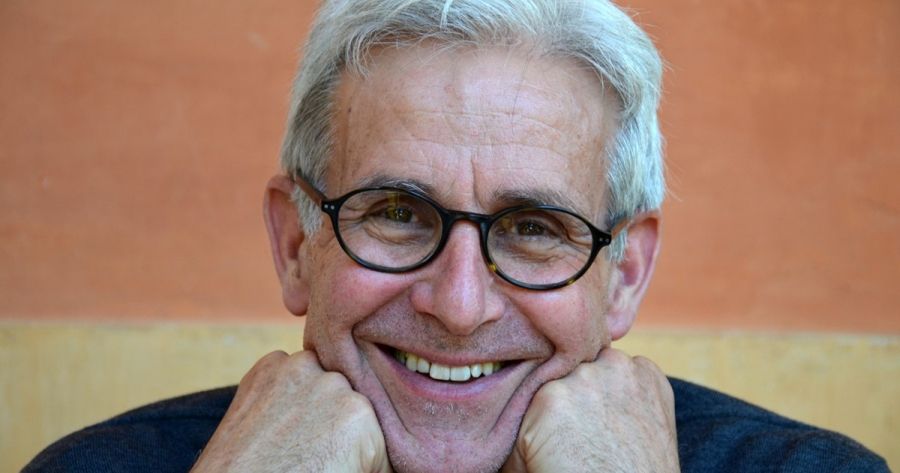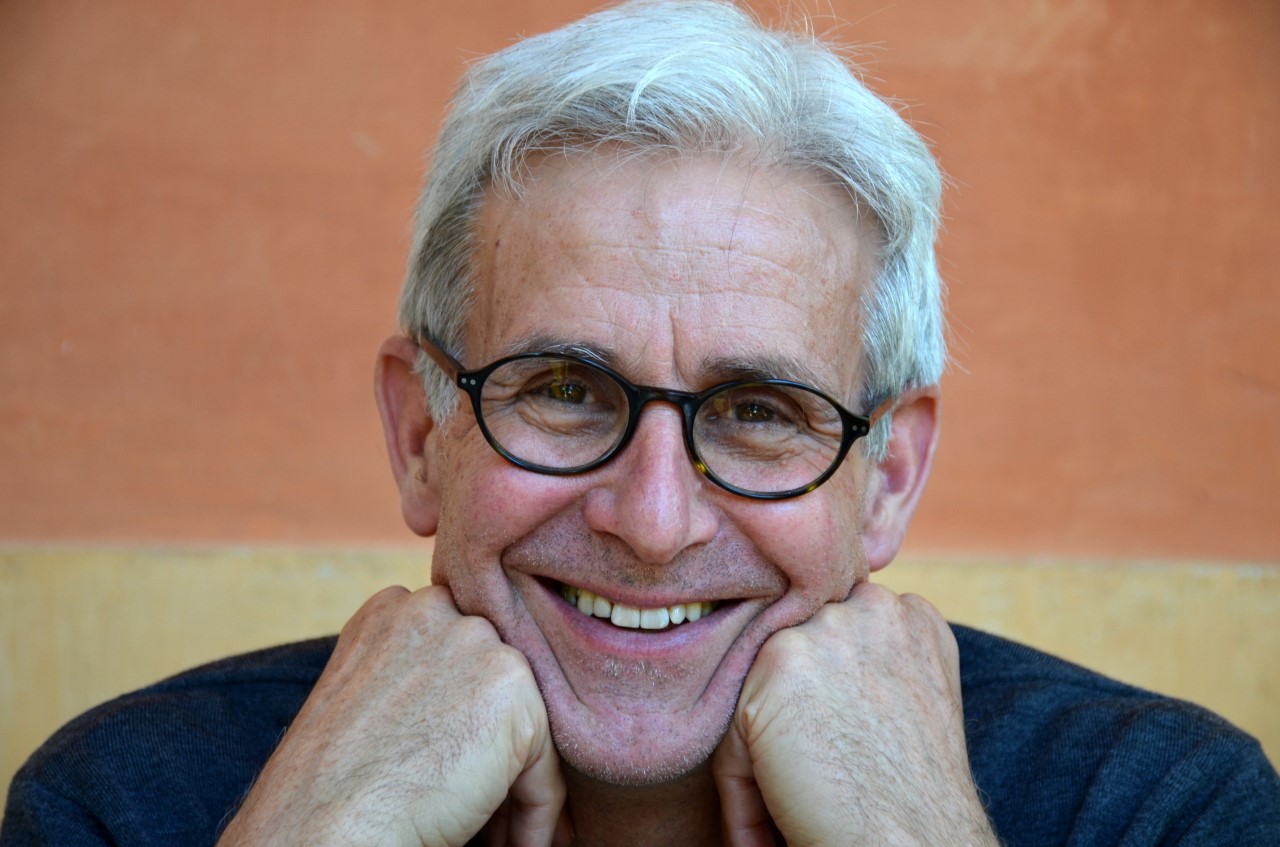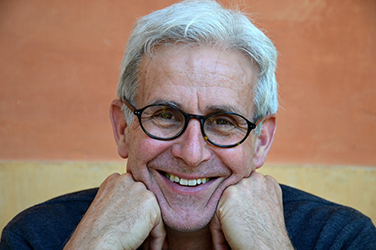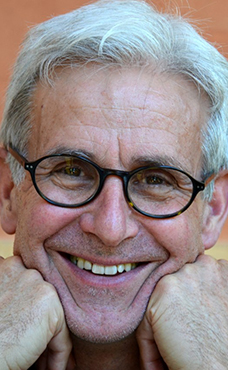
- Free Article: No
- Contents Category: Interview
- Custom Article Title: Open Page with Nicholas Jose
- Review Article: Yes
- Article Title: Open Page with Nicholas Jose
- Online Only: No
- Custom Highlight Text:
Nicholas Jose is a novelist and essayist whose thirteen books include the novels Paper Nautilus, Avenue of Eternal Peace (shortlisted for the Miles Franklin Literary Award), The Custodians (shortlisted for the Commonwealth Prize), and Original Face. His latest novel is The Idealist (Giramondo, 2023). He is Emeritus Professor of English and Creative Writing at the University of Adelaide.
- Article Hero Image (920px wide):

- Article Hero Image Caption: Nicholas Jose (Giramondo/Roberto Finocchiaro)
- Featured Image (400px * 250px):

- Alt Tag (Featured Image): Open Page with Nicholas Jose
If you could go anywhere tomorrow, where would it be, and why?
Dhilba Guuranda-Innes National Park on the Southern Yorke Peninsula, aka the Bottom End-Narungga country. Crumbling high cliffs, beaches far below, islands out in the blue; the lighthouse at Cape Spencer, emu with chicks along the road – I can be there tomorrow.
What’s your idea of hell?
An unending body corporate meeting on Zoom.
What do you consider the most specious virtue?
Conviction (‘the worst are full of’ it).
What’s your favourite film?
Anything by Billy Wilder, starting with Some Like It Hot, which has the bonus of Marilyn Monroe, Tony Curtis, and Jack Lemmon – and the final line: ‘Nobody’s perfect.’
And your favourite book?
Elizabeth Bishop’s Complete Poems is always there for me.
Name the three people with whom you would most like to dine.
Australian novelist Christina Stead (d. 1983), Nobel Peace Prize winner Liu Xiaobo (d. 2016 in Chinese custody), and living historian Simon Schama, with the late literary translators Gladys and Xianyi Yang at the table to interpret. (Full disclosure: I’ve had memorable evenings with each separately; to have them together over a long dinner can only be imagined, alas.)
Which word do you most dislike, and which one would you like to see back in public usage?
I could do without ‘robust’. Maybe ‘gamesome’ will enter circulation and take its place.
Who is your favourite author?
I fell under the spell of Natalia Ginzburg in Italy in the 1970s. I loved her spare ironic tenderness, her clarity and recall. I wanted to write like that. I’m glad to see she’s making a comeback in English now.
And your favourite literary hero or heroine?
Elizabeth Costello (in Elizabeth Costello by J.M. Coetzee, and thereafter). An irrepressible, moving creation who just keeps popping up.
Which quality do you most admire in a writer?
Startling transitions. The capacity to change how you see and feel. The power of language to connect.
Which book influenced you most in your youth?
The Merry-Go-Round in the Sea by Randolph Stow resonated with me in high school. A bit later I learnt about psychology from Tender Is the Night by F. Scott Fitzgerald. Then in 1975 came Johnno by David Malouf, a completely new kind of Australian novel.
Name an early literary idol or influence whom you no longer admire – or vice versa.
For years I failed in my attempts to read the classic Chinese novel known as Dream of the Red Chamber. I couldn’t see what the fuss was about. Now, eventually, I read The Story of the Stone (its other name) by Cao Xueqin and Gao E in the translation by David Hawkes and John Minford with astonishment at its dizzying shifts of scale and emotion, and with great relish.
Do you have a favourite podcast?
I’ll go for the Emergence Magazine Podcast episode featuring Alexis Wright: ‘The Inward Migration in Apocalyptic Times’.
What, if anything, impedes your writing?
Just trying to keep it all together.
What qualities do you look for in critics, and which ones do you enjoy reading?
Good poetry critics are few and far between, and so necessary. Seamus Perry in the London Review of Books has a gift for reanimating past poets. Felicity Plunkett, Aidan Coleman, and a.j.carruthers are among those who do the work of helping me with contemporary Australian poetry.
How do you find working with editors?
Hang onto a good editor when you can – if you can take it. Resist and rethink.
What do you think of writers’ festivals?
There’s usually one standout session that makes the whole thing worthwhile.
Are artists valued in our society?
Sadly and persistently no, with writers at the bottom of the pile.
What are you working on now?
I’m working on a memory piece about ‘Monotony’. It’s a lovely word, a feature of our lives, and a sometimes undervalued condition.



Comments powered by CComment